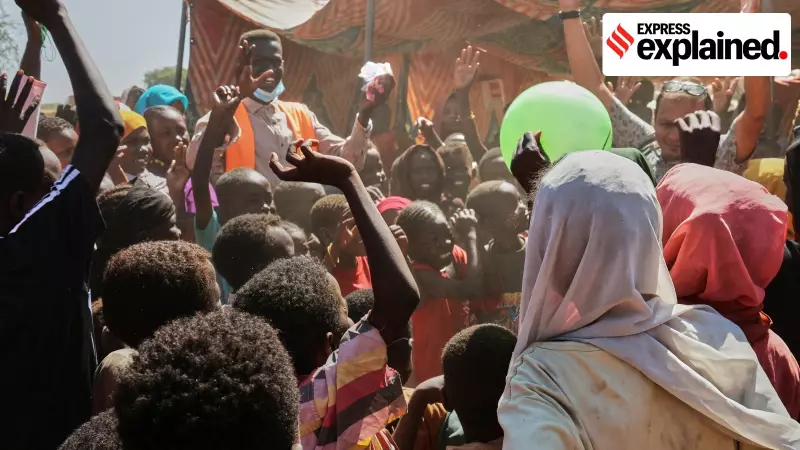
A year after fierce fighting erupted in Sudan, the nation remains trapped in a devastating civil war that has pushed it to the brink of collapse. What began as a power struggle between two rival military factions has spiralled into a full-blown humanitarian catastrophe, drawing in global powers and threatening the stability of an entire region.
The Trigger: A Battle for Supremacy
The immediate spark igniting the conflict was the failure to integrate two powerful forces: the Sudanese Armed Forces (SAF), led by General Abdel Fattah al-Burhan, and the paramilitary Rapid Support Forces (RSF), commanded by General Mohamed Hamdan Dagalo (Hemedti). A proposed transition to a civilian-led government would have necessitated the RSF merging into the national army, a prospect that threatened Hemedti's autonomous power and vast economic empire. This power-sharing dispute exploded into urban warfare on April 15, 2023, turning the capital, Khartoum, and other cities into battlefields.
Old Fault Lines: The Ghost of Darfur
This is not a new conflict, but rather the violent resurgence of old wounds. The RSF itself evolved from the notorious Janjaweed militias, which were mobilized by former dictator Omar al-Bashir to crush a rebellion in the Darfur region in the early 2000s. That campaign was marked by ethnic violence and atrocities. The current conflict has reopened these deep-seated ethnic and regional divisions, with the RSF accused of carrying out ethnic cleansing, particularly in the Darfur region, mirroring the horrors of two decades ago.
The Staggering Human Cost
The impact on Sudan's civilian population has been catastrophic.
- Mass Displacement: Over 8.5 million people have been forced to flee their homes, creating one of the largest internal and external displacement crises in the world.
- Famine & Collapse: Nearly 18 million people face acute hunger, with the UN warning of an impending famine. The healthcare system has largely collapsed, and outbreaks of disease are rampant.
- A Generation Lost: An entire generation of children has been deprived of education, with most schools shuttered for over a year, creating a profound long-term crisis.
Why the World Should Care
The crisis in Sudan is not contained within its borders. It has become a proxy war, with regional powers like the UAE, Egypt, and Saudi Arabia backing different sides, further fuelling the violence. The instability has created a safe haven for armed groups and triggered a massive refugee exodus that strains neighbouring countries like Chad and South Sudan. For global powers and India, with its significant diaspora in Sudan, the conflict poses direct security and diplomatic challenges.
A Path to Peace?
Despite multiple international attempts at mediation and ceasefire agreements, peace remains elusive. Both generals appear committed to a military victory, and the conflict has become increasingly fragmented. Experts warn that without sustained, coordinated international pressure and a genuine commitment from the warring parties, Sudan's descent into a failed state is a very real and terrifying possibility. The world watches, but the people of Sudan continue to pay the price.





